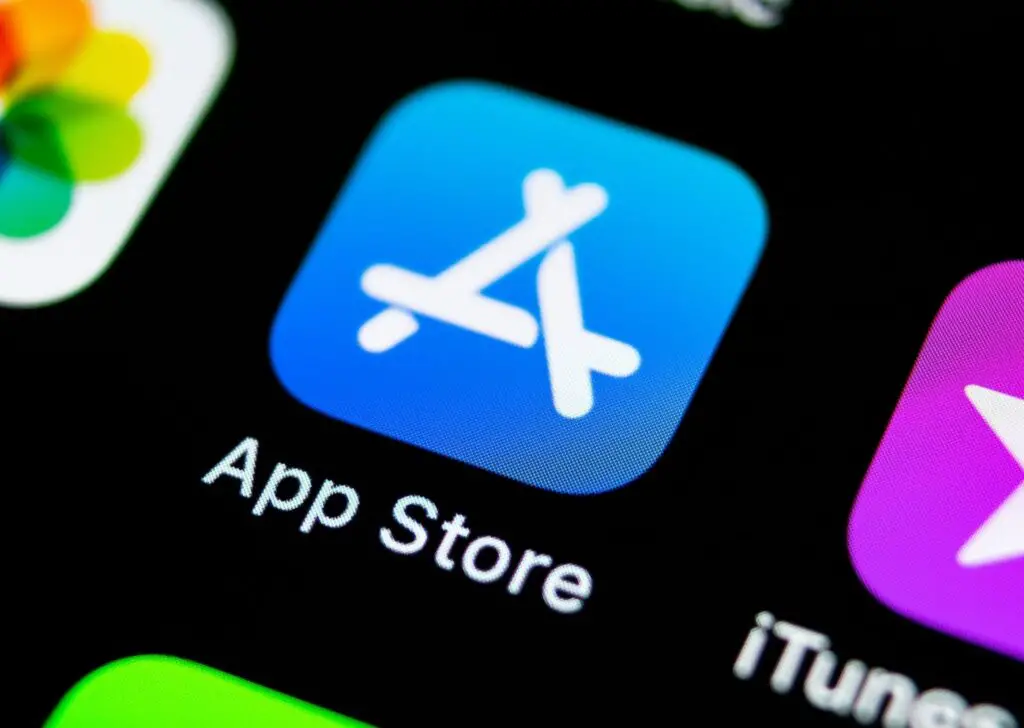Apple announced changes on Jan. 25 to its payment system for app sellers in the EU to comply with the European Union’s Digital Markets Act. The changes include letting go of the App Store’s hold over iOS app distribution in the EU. In addition, Apple will prompt iOS users in the EU to select a preferred browser instead of defaulting to Safari in accordance with the DMA. These changes will come with iOS 17.4 in the EU in March, and developers working on iOS apps will be able to distribute them through alternate storefronts in the European Union beginning in March 2024.
The EU instituted the DMA to ensure fair and open digital markets and prevent tech giants from becoming gatekeepers, which went into effect in May 2023. In response, Apple built new options for iOS, Safari on iOS, the App Store, and developer app analytics. New options for iOS in the EU include APIs and other tools to help developers offer apps on alternative marketplaces, frameworks and APIs for creating marketplaces, frameworks and APIs for browser engines alternative to WebKit, a request form for developers seeking interoperability with iPhone and iOS hardware and software, notarization for iOS apps, app installation sheets for users, malware protections to prevent devices from launching malicious iOS apps, and an authorization process for app marketplace developers.
One company opposed to Apple’s attempt at compliance with the DMA is Epic Games, which has battled Apple and Google for years over in-app purchases. Epic Games CEO Tim Sweeney called Apple’s plan a devious new instance of Malicious Compliance, and Spotify criticized the new policies as a complete and total farce, citing new fees for app developers. Apple frames the DMA as opening up users to potentially harmful material accessed through unregulated app stores, but this is possible – Apple restricts this kind of material in its App Store and has added Notarization for iOS apps to try to curb harmful content.
Other changes Apple is making to iOS due to the DMA include prompting iOS users in the EU to choose a default browser instead of automatically being directed to Safari, new options for developers using payment service providers within apps, new options for processing payments via link-out outside the App Store, and business planning tools for developers. Apple expects to release more resources for EU users to help them navigate the changes closer to the March rollout.


